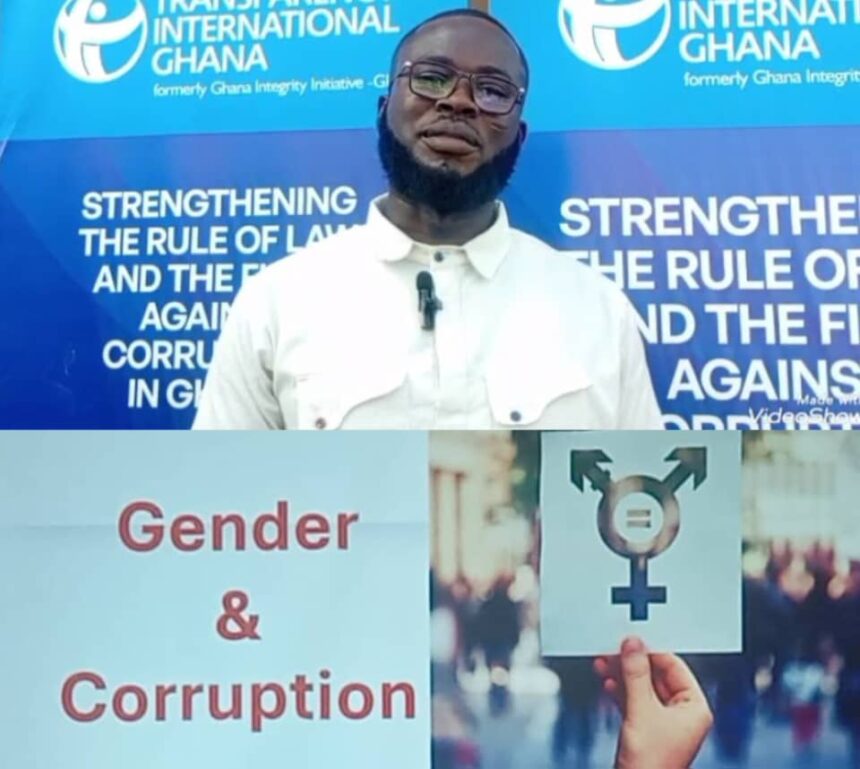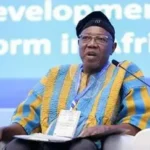A day’s training workshop organised by Transparency International-Ghana (TI-Ghana) in Bolgatanga, Upper East Region, has equipped journalists with new tools and reporting mechanisms to enhance coverage of sextortion, corruption, and related governance issues.
The workshop brought together journalists from across northern Ghana, aimed at strengthening their capacity to investigate and publish impactful stories on corruption and sexual exploitation in public institutions.
Speaking at the event, the Northeast Regional Chairman of the Ghana Journalists Association (GJA), Mohammed Fugu, commended TI-Ghana for the initiative, noting that the tools provided will significantly enhance journalists’ ability to report effectively and ethically on these sensitive issues.
“The tools and guidelines we received at this training will empower journalists, especially in the North East Region, to produce in-depth reports on sextortion and corruption as part of the broader anti-corruption agenda,” Fugu stated.
Corruption and Sextortion Still Underreported
Corruption continues to pose a major challenge to Ghana’s development, slowing the delivery of basic services and eroding public trust. Experts at the workshop emphasized that the phenomenon has permeated almost every sector, requiring a coordinated legal, institutional, and societal response.
Facilitators from TI-Ghana used real-world case studies to demonstrate how journalists can apply the new reporting mechanisms to ongoing investigations. They highlighted the importance of ethical standards, source protection, and survivor-centered storytelling when reporting on sextortion cases.
Call for Integrated Anti-Corruption Strategies
In her remarks, the Gender and Peace Officer for RACED Ghana, Lordina Yaw, underscored the pervasiveness of corruption and urged key stakeholders to strengthen preventive systems.
She and other participants advocated for integrated strategies such as:
-
Empowering citizens with access to information and whistleblower protection;
-
Building the capacity of anti-corruption agencies to investigate complex cases; and
-
Encouraging the private sector to adopt anti-bribery standards and report suspicious practices.
TI-Ghana reiterated its commitment to supporting civil society organizations (CSOs) and the media to hold power to account and amplify the voices of those often silenced by corruption and sexual exploitation.






